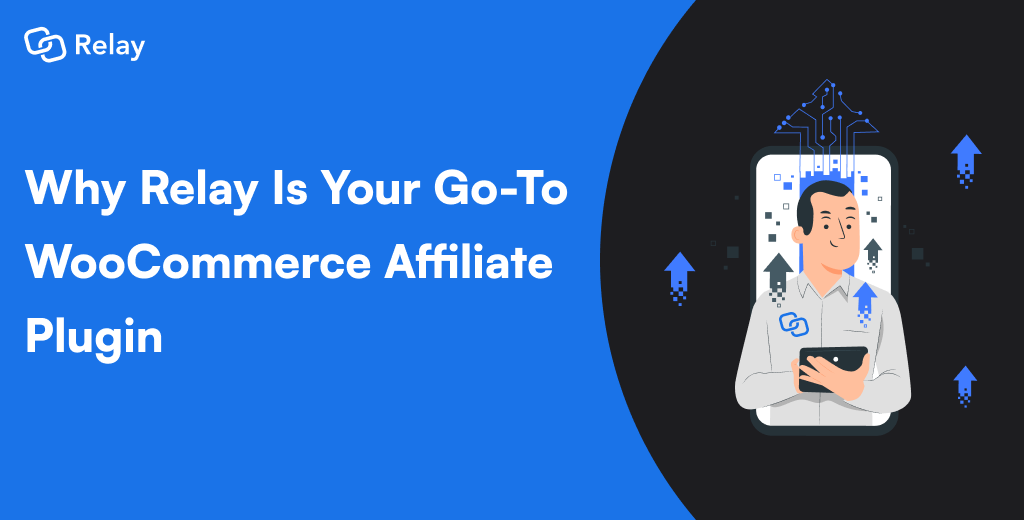The world is currently being run by social media sites like Facebook, Instagram, and YouTube. These sites are not only communication channels but also effective channels for trust building, traffic generation, and conversion rate improvement.
Moreover, when it comes to affiliate marketing on social media, on average, each content creator uses 3 or more social channels to promote affiliate products. This makes social media a powerful tool for getting the highest reach.
This guide covers everything that you need to know regarding affiliate marketing social media strategies, from choosing the right platforms to leveraging tools and content that engages and converts.
Boost your social media affiliate marketing and grow your customer base with Relay.
Why is Social Media Key for Affiliate Marketing Success?
As you know, affiliate marketing may be done in various ways, such as creating content via email, providing comparison guides, etc. Social media platforms are said to be the second-best platform, with 67.9% of marketers using them.
This growing trend highlights the increasing need for affiliate marketing on social media. It’s a powerful tool to reach and engage potential customers.
A key element of social media affiliate marketing is building an identity for products and brands. It allows for authentic introductions to products, creating trust and credibility among users. This can happen even without previous exposure to the products. Choosing the right affiliate products is also important.
The dynamic nature of social media offers opportunities to blend creativity with data-driven strategies.
It can be done by targeted ads, influencer collaborations, and engaging content are effective ways to generate sales. These strategies also help build loyal communities of highly engaged users.
Various tools are available to track affiliate links and measure engagement metrics. These tools help marketers refine their strategies and optimize performance. Analyzing metrics ensures continuous improvement in affiliate marketing efforts.
The Benefits of Using Social Media for Affiliate Marketing
The benefits of using social media for affiliate marketing are:
- Increased communication with the target audience
Social media has changed the way marketers interact with their audiences, providing a more personal and direct connection.
It provides a unique opportunity to efficiently monetize content and effort. - Direct access and personalization
Affiliate marketing strategies on social media platforms enable marketers to interact directly with their target audience.
It enables personalized recommendations, develops trust, and improves communication. - Seamless integration of affiliate links
Platforms like Instagram, TikTok, and Pinterest help incorporate affiliate links into posts, articles, and videos.
Features like swipe-up links, clickable bios, and pinned comments facilitate the conversion, encouraging users to make effortless purchases. - Increasing effort through paid increments
Social media affiliate marketing uses advertising techniques such as paid promotions, sponsored content, and enhanced features.
These tools help affiliates increase visibility, target specific demographics, and increase clicks on affiliate links.
Content Creation in Social Media Affiliate Marketing
The key to successful social media affiliate marketing is great content. Engaging and authentic content is sure to attract and build trust in followers toward the ultimate goal of driving conversion.
- Visual Content: Platforms such as Instagram and Pinterest feed on visuals. Lifestyle photos, product unboxing, or how-to guides with affiliate links will make users click on them.
- Video Content: Short-form videos on TikTok or Instagram Reels and longer product reviews or tutorials on YouTube would be great for demonstrating a product and its benefits. These formats tend to generate more engagement, thus creating more clicks and affiliate sales.
- User-Generated Content: Encourage followers to share their experiences with the product using specific hashtags, and this will create buzz and amplify your reach organically.
Relay’s personalized referral links help promote your products on social media seamlessly.
Top Social Media Platforms for Affiliate Marketing
When it comes to affiliate marketing and social media, choosing the right platform is important to maximize your reach and conversions.Different platforms cater to different audiences and content, enabling affiliate marketers to optimize their strategies more effectively.
Some of the top social media platforms are:
- Tiktok
- Youtube
Affiliate Marketing on Facebook
With more than 2.9 billion active users, Facebook is still a leading social media platform for social media affiliate marketing. The groups, pages, and targeted ads are all great for community building and driving conversions.
- Facebook Groups: Join or create niche-specific groups on Facebook. Through this, you can reach a highly targeted audience, and by sharing value-driven content such as affiliate links or product reviews, marketers will be able to build trust and increase affiliate sales. For those who use social media affiliate programs, Facebook Groups can serve as an organic way of reaching potential buyers.
- Facebook Ads :The advanced targeting option on Facebook Ads enables targeting users by demographics, interests, and behavior. Hence, it makes social media advertising effective because the campaigns reach a primed audience ready to engage.This way, ads combined with the usage of tools from the platforms, such as Facebook Pixel, track affiliate links and increase engagement with the users more effectively.
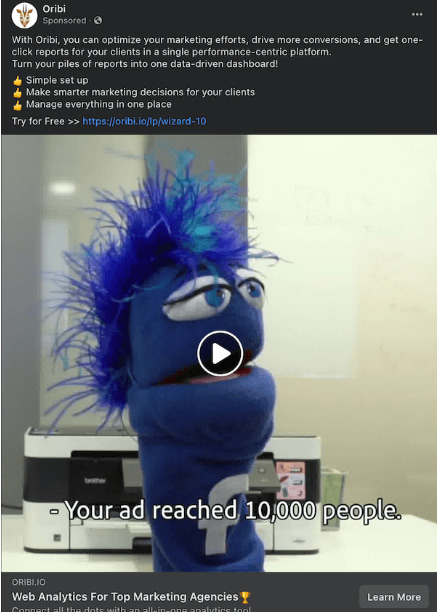
- Facebook Pages: Creating a branded page helps establish authority and provides a space to share affiliate content, reviews, and recommendations consistently.Posting engaging content with a mix of images, videos, and value-driven captions ensures higher visibility and audience interaction.
Instagram Affiliate Marketing Strategies
Instagram has become a leading choice for affiliate marketing social media because of its visual-centric nature, high engagement rates, and monetization opportunities. Affiliates can effectively monetize social media using affiliate links through the following features:
- Instagram Stories:The swipe-up links, or sticker links, in Stories, allows an immediate click-through for consumers to buy products via the affiliate links. Using hashtags and social media campaigns will also help in covering more ground.

- Reels: Product demonstrations, tutorials, or unboxing content in the form of a short engaging video that keeps attention and inserts promotions subliminally.A well-integrated content creation without loss of entertainment and value is important.
- Instagram Shopping: Affiliates make it easier for audiences to shop directly through product placement in posts and posts, streamlining the buying process and improving conversion rates.
Affiliate Marketing for TikTok Creators
The explosive growth of TikTok has opened new doors for affiliate marketing on social media, especially among younger people. The platform’s algorithm rewards creativity, authenticity, and engagement, making it ideal for affiliates to drive affiliate sales.
- Create Short-Form Content:Trade reviews, unboxings, “how-to” tutorials, or TikTok videos showing ongoing challenges are attention-grabbing and rewarding. By incorporating affiliate links or properly displaying products, marketers can build trust and encourage purchases.
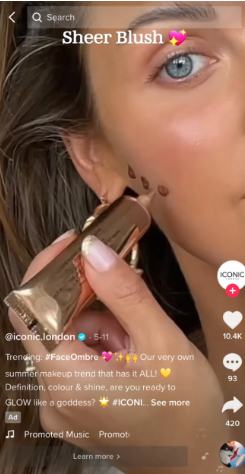
- Leverage Trends and Challenges: Affiliates can tap into TikTok’s viral potential by incorporating trending audio, hashtags, and viral challenges. Pairing this with social media promotions or calls to action amplifies exposure for affiliate campaigns.
- Add Links in Bio: Affiliates can direct traffic to their landing pages, product offers, or affiliate-specific websites by placing a clickable link in their bio. Adding calls-to-action such as “Check the link in my bio!” drives engagement and clicks.
Pinterest Affiliate Marketing Tips
Pinterest is a great visual resource that doubles as a search engine. It is a powerful tool for affiliate marketing and social media campaigns. By focusing on discovery and inspiration, Pinterest allows you to showcase relevant content and drive targeted traffic effortlessly.
- Create High-Quality Pins:Eye-catching visuals are important along with clear branding and product messaging. Use tools like Canva to promote affiliate links and design pins that align with Pinterest’s user base. Adding the right keywords to titles and descriptions will make affiliate marketing strategies visible on social media platforms.
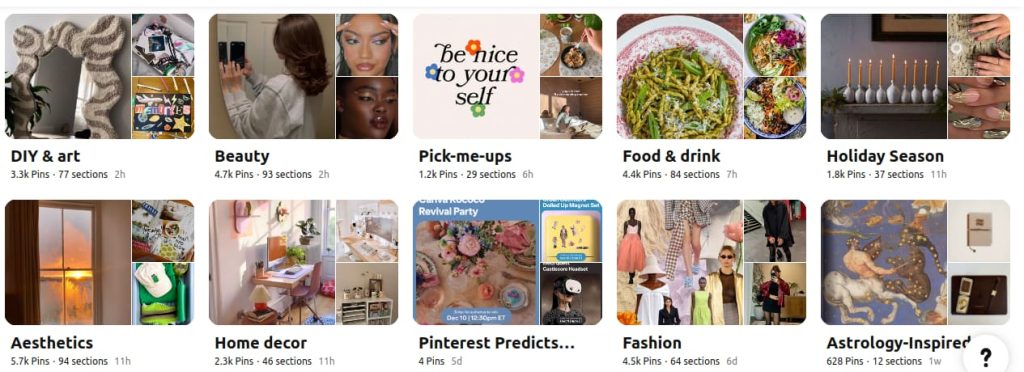
- Benefits of Rich Pins: Rich pins provide additional information directly about the pin, increase interactivity, and simplify user actions. They are perfect for product displays, direct links with affiliate programs, and increasing affiliate sales.
- Board Organization: Create niche-specific boards that align with your affiliate products. For instance, fashion bloggers can have boards for seasonal trends or styling guides, while tech affiliates can focus on gadget reviews. Adding affiliate links to pins organically provides users value while driving conversions.
- Focus on SEO: Pinterest’s search engine rewards keyword optimization. Use relevant hashtags, descriptions, and searchable terms like “Pinterest affiliate marketing tips” or “monetizing social media with affiliate links” to ensure maximum visibility.
YouTube Affiliate Marketing Examples
YouTube is a dominant platform for video content and provides excellent opportunities to share in-depth product insights, build trust, and increase affiliate sales. Its long-form video format allows for authentic recommendations, making it ideal for affiliate marketing social media strategies.
- Product Reviews:Creating detailed product reviews or comparisons allows you to share personal experiences and integrate affiliate links naturally in video descriptions. Adding clear CTAs such as “Check the link below!” helps drive traffic to the affiliate products.
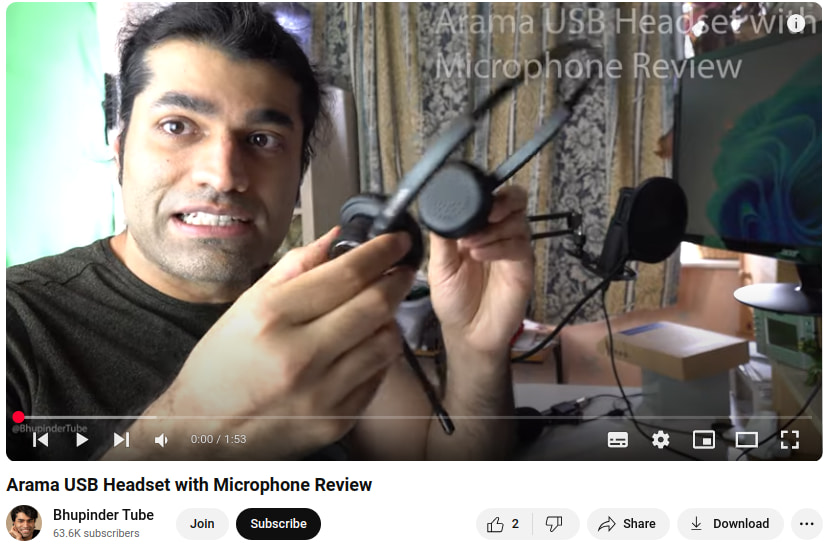
- Tutorials, How-To Videos: This educational type of content demonstrates the value product and gives real solutions to those who watch. For example, tech affiliates can simply show how a product performs, while beauty creators do skincare routines with affiliate products used.
- Unboxing Videos: They create curiosity and excitement in viewers, who may open products and explore them more via affiliate links. The niche can be lifestyle, beauty, or gadget-related.
- YouTube Ads: Running pre-roll or in-video ads allows marketers to promote affiliate products to highly targeted audiences. This ensures higher conversions for social media advertising for affiliate marketers if it is combined with keyword-optimized video content.
Affiliate Marketing via Twitter
Twitter’s real-time nature makes it a unique platform for social media affiliate marketing campaigns. Affiliates can engage with trends, join conversations, and share concise promotions to boost visibility and drive affiliate sales.
- Share Short, Impactful Tweets: This would include a short, punchy tweet with great copy, visuals, or links. Use the thread format to discuss more in-depth product benefits and casually mention affiliate links to purchase.
- Engage with Trending Topics: The use of trending hashtags and conversations connects you to larger audiences. For instance, tweets containing trending keywords and affiliate campaigns perform exceptionally well during holiday seasons or product launches.
- Use Visual Content: Including images, GIFs, or short videos in the tweets enhances engagement and click-through rates. Showing product demonstrations, screenshots, or creative visuals helps put value to your affiliate products.
- Pin Affiliate-Related Tweets: Pin that top-performing tweet at the top of your profile so that people who are new followers get maximum visibility for such followers.
- Leverage Twitter Ads: Paid promotions allow you to target specific demographics and boost affiliate sales. With social media advertising for affiliate marketers, the use of Twitter Ads ensures that your campaigns reach the right audience.
Affiliate Marketing Tools and Resources to Help You
Affiliate marketing on social media platforms requires the right tools to streamline processes, enhance performance, and maximize returns. Here are essential resources for affiliates:
- Affiliate Networks: Platforms like Relay, and Amazon Associates connect marketers with a wide range of affiliate programs. These tools simplify tracking, reporting, and payments, making them indispensable for social media affiliate programs.
- Content Creation Tools: Canva and Adobe Spark are ideal for designing visually appealing posts for social media-focused affiliate marketing. Tools like InShot and CapCut allow affiliates to create high-quality videos.
- Analytics Tools: Google Analytics and Bitly help track affiliate link clicks and conversions. Meanwhile, social media platforms like Instagram and Facebook provide built-in insights for performance tracking.
- Scheduling Tools: Scheduling and appointment booking tools allow you to plan and automate posts, ensuring consistent promotion of affiliate links across multiple channels.
- Link Management Tools: Pretty Links and ThirstyAffiliates help affiliates shorten, brand, and track their links, enhancing their campaigns’ professionalism and effectiveness.
- Email Marketing Tools: Mailchimp and Retainful enable affiliates to build email lists and nurture relationships, complementing their affiliate sales strategies on social media.
Success Stories in Social Media Affiliate Marketing
Let’s have a look at the success stories of those who have leveraged social media affiliate marketing to grow their brand presence.
1. Pat Flynn’s Amazon Affiliate Success
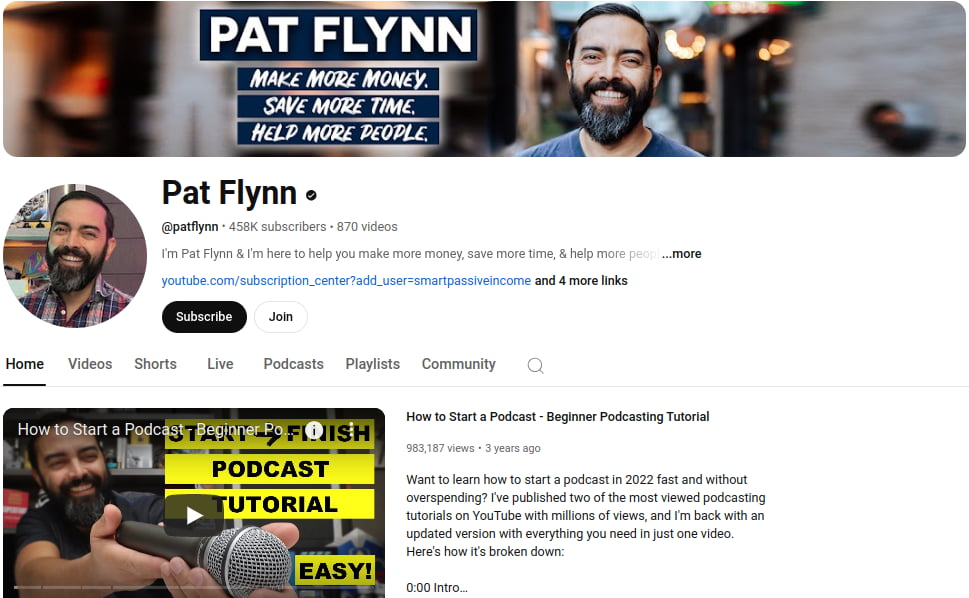
Pat Flynn is an entrepreneur who founded Smart Passive Income. He used affiliate marketing on YouTube by posting tutorials and reviews. Here’s an example: for his video on podcast equipment, he included Amazon affiliate links in the description.
Key Tactics:
- Demonstrated the usability of the equipment in real time.
- Built trust with viewers by providing genuine value and solutions.
- Used well-placed CTAs to direct viewers to product links.
Results:
The video generated thousands of clicks and consistent monthly affiliate income. Flynn’s transparency and value-driven approach showcased how to effectively monetize content via social media affiliate programs.
2. Liza Koshy’s Instagram Product Endorsements
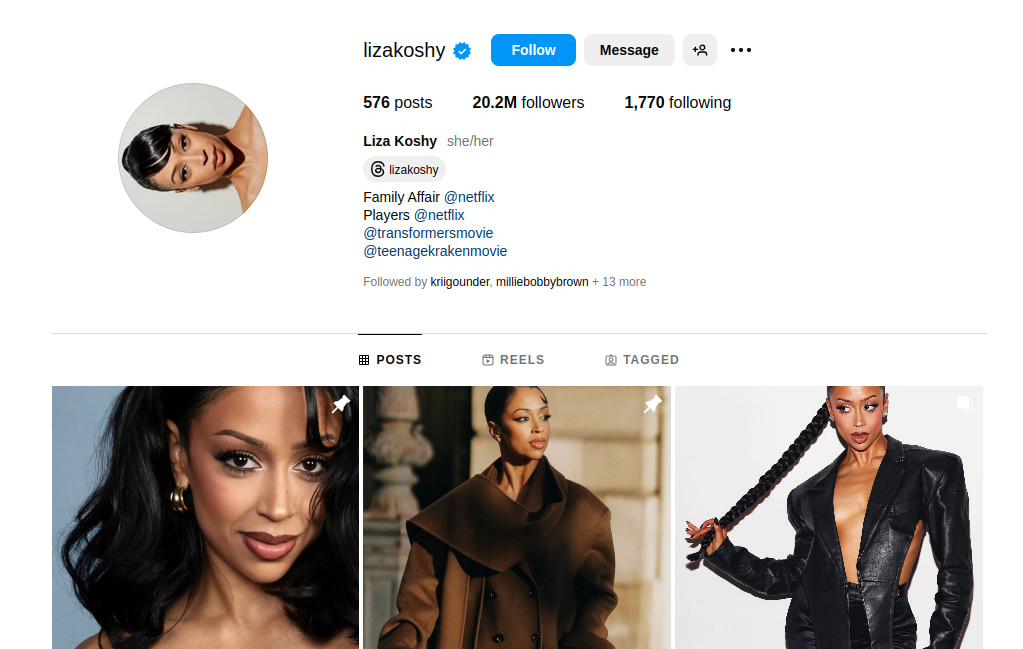
Popular influencer Liza Koshy successfully partnered with several brands for affiliate promotions on Instagram. She featured skincare products and household items using Instagram affiliate marketing strategies, including Stories and engaging Reels.
Key Tactics:
- Leveraged her humor to craft entertaining product showcases.
- Used Instagram Stories with swipe-up links to affiliate products.
- Tapped into trends, making her posts relatable to her audience.
Results:
Koshy’s campaigns often sell out products, proving how influencers can drive affiliate sales through monetizing social media with affiliate links.
Increase conversions by 25% with Relay! Take control of your affiliate marketing on social media now.
Conclusion
The power of monetizing social media with affiliate links lies in fostering trust, building communities, and creating meaningful connections between brands and consumers. From creative storytelling on TikTok to visually captivating posts on Instagram, the opportunities are limitless.
As real-world examples demonstrate, implementing social media affiliate programs effectively can lead to substantial affiliate sales and long-term growth. Affiliate marketing on social media is a transformative strategy. By leveraging platforms mentioned in this blog like Facebook, Instagram, TikTok, Pinterest, and YouTube one can earn great success.
Further Reading
- 8 Best WooCommerce Subscription Plugins
- 15 Black Friday Social Media Marketing Campaign Ideas
- How to create an affiliate program for a WooCommerce store?
- Top 10 WooCommerce Affiliate Plugins of 2024
Frequently Asked Questions
Affiliate marketing on social media involves promoting products or services on platforms like Facebook, Instagram, TikTok, Pinterest, and YouTube to earn a commission for each sale made through your affiliate links.
Visual content: Lifestyle images and product guides.
Videos: Tutorials, unboxings, and product reviews.
User-generated content: Followers sharing their experiences.
Interactive content: Polls, Q&A sessions, and live streams.
Yes, always disclose affiliate relationships by using hashtags like #ad, #sponsored, or #affiliate to ensure compliance with FTC guidelines and maintain transparency with your audience.
Use tools like Google Analytics, Bitly, and affiliate program dashboards to monitor link clicks, conversions, and overall campaign performance. Social media platforms also provide built-in insights for engagement and reach metrics.
